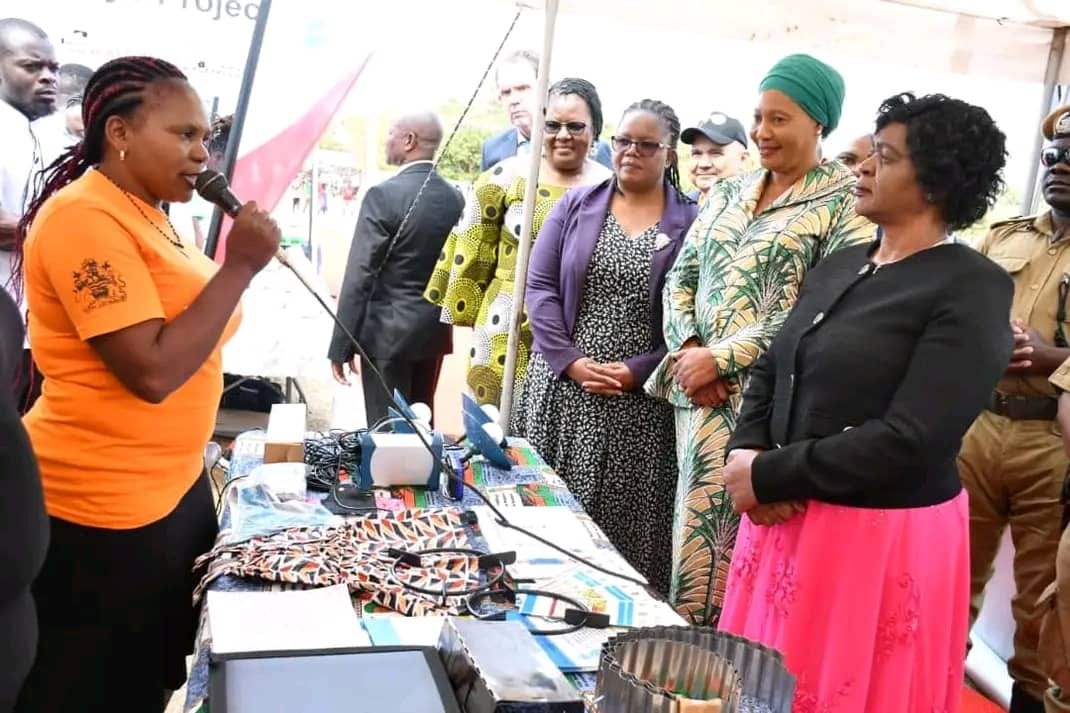Malawi Officials Push for Better Fistula Prevention in Remote Areas
The project, funded by the Icelandic government, aims to empower women with obstetric fistula by ensuring access to quality care and social reintegration in Nkhotakota district.

NKHOTAKOTA, Malawi — Malawi's health officials are calling for improved efforts to prevent obstetric fistula among women and girls in hard-to-reach areas, emphasizing the need for better information dissemination, writes Abraham Bisayi.
Deputy Health Minister Halima Daud urged the Nkhotakota district council to implement effective mechanisms for spreading awareness about fistula prevention.
She made these remarks Monday during the 2024 National Fistula Day commemoration at Mkaika Community Day Secondary School.
"My ministry is working tirelessly in making sure that information and contraceptives are made available to women and girls living in hard-to-reach areas to fight unintended pregnancies in communities as one way of preventing fistula cases," Daud said.
The deputy minister highlighted the severity of the issue, noting that for every maternal death, 30 more women suffer disabling injuries, including obstetric fistula.
She called for multi-sector efforts to protect women and girls.
Daud also encouraged community leaders to promote medical treatment for those suffering from fistula, emphasizing that the condition is treatable.
First Lady Monica Chakwera, who attended the event, advised women to prioritize education before starting families.
"Focus on education until you get matured to reproduce without negative side effects on your health," Chakwera said.
The commemoration, themed "Breaking the cycle: Preventing Fistula World-wide," highlighted a three-year project implemented by Freedom from Fistula in collaboration with UNFPA.
The project, funded by the Icelandic government, aims to empower women with obstetric fistula by ensuring access to quality care and social reintegration in Nkhotakota district.
As Malawi continues to address this health concern, officials stress the importance of education, accessible healthcare, and community support in preventing and treating obstetric fistula.


